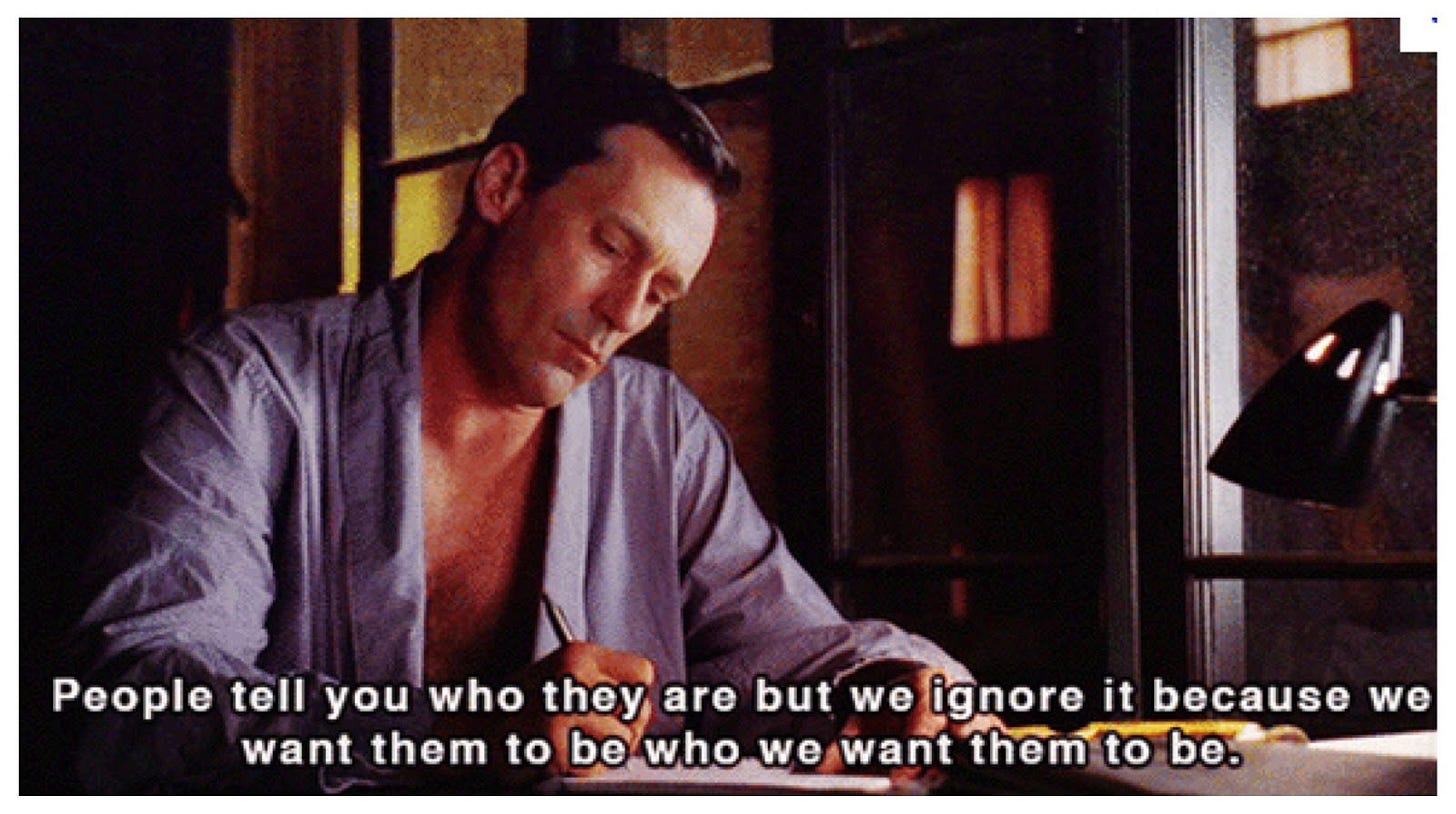Something important for someone important
What to work on?
There was a phase in my career where I was working towards a promotion. I was involved in a lot of activities but I felt I was neither making a meaningful impact to company objectives while simultaneously being extremely overwhelmed. I was part of a very successful team but it was hard for me to point out my contribution clearly. I also felt like I wasn’t making progress towards my personal goals. I never got that promotion and very rightly so.
Similar scenarios have been discussed by Charity Majors in Know your One Job and Do it First and Tanya O’Reilly about glue work. I think there is a distinction between the two protagonists as described.
The protagonist in Charity’s post was involved in a variety of tasks without having clarity on what the organisation cares about, whereas the protagonist in Tanya’s post is doing the invisible work required for the organisation to be successful. The latter is glue work. It’s important to distinguish it from filler work. Filler work is low quality work which fills up the day but its value is questionable.
When I reflect upon what I was doing, it was a lot of filler work. In the aftermath of me not getting promoted, I tried to develop a framework of what I should spend time on.
Who is the work important for?
A mentor gave me some advice which is to always 3 set of objectives:
One set of objectives that are important to the organisation
Another set of objectives that are important to your manager
Final set of objectives that are important to you.
I think this is a useful framework to manage expectations mostly with yourself as to how you can expect to be rewarded. The first two you can reasonably be expected to be rewarded for by the organisation, the third you are doing for yourself. Any reward is a nice bonus. The ideal state is when there is significant overlap in the 3 things, but reality is seldom that clean.
I would also like to add that it’s important to distinguish between important and urgent tasks. Spending time on urgent things might feel that you are doing important work, but in reality you are not. If you find yourself spending time on urgent things too much of the time, take a step back and evaluate.
Figuring out what’s important to you sounds probably the easiest of those problems but is harder than you think. The best framework I have found so far is this post from Will Larson on structuring a 40 year career. A lot of things which fall under glue work - stakeholder management, writing great documents can also reasonably fall under here. While you might not be rewarded immediately, this is an immensely useful muscle to develop for leadership roles.
The first step in figuring out what’s important for your manager is to ask them. It’s also important to determine which of these objectives are must haves for them and what are good to haves. If you choose to spend time in the good to have objectives be prepared to not be supported from your manager. It’s good to have a continuous sync with your manager if any of these realities have changed.
When it comes to what's important to the organisation we have the things that are stated explicitly in terms of business goals. The real signal here is though what the organisation rewards and more importantly what it does not reward.
For example while a lot of organisations say hiring might be important for them, few are structured in a way to incentivise engineers spending significant time on it. Mentoring people is another that the organisation might not structurally reward, but mentoring has a lot of long term benefits, so my suggestion to most people would be to stick to it.
I sincerely wish managers and organisations would be to have their actions match their words. People ultimately figure this out anyways and a gap between the two causes a lot of erosion of trust. One particular insidious failure mode which I have seen of this is where leaders pile on their personal projects on the teams whilst not having alignment amongst themselves.
What about changing what's important for the organisation?
Most overachievers have a strong desire to bring about change where they work. If you are successful in bringing about this change it can have significant upside but conversely the way there is very attritional.
Let’s be clear about something though - the fact that you want it to be important doesn't necessarily mean it actually is. Managers often make this problem worse by not giving their reports feedback about what's important. Often because it’s unclear to themselves.
If I distil my advice, it’s basically to do something important for someone important. It is very simple but it’s hard to get right, especially among the noise of busyness in big organisations.
If you are here, maybe you should follow me on twitter!

